‘Everything happens at sea. We are not people who are bound to any land. Wherever we go, we go with our boats.’ -Hook Suriyan Katale, a Moken man from the Surin Islands.
Koh Surin & Koh Ra Ecolodge
Koh Surin National Park (koh means island) is a paradise of scenic beaches, primary jungle, pristine waters, and the most extensive coral reef in Thailand. The park is the ideal place for people wanting to connect with nature and escape traditional touristy beaches with their bars, noise, and crowds. The closest resort to this paradise lies a boat ride away, on the neighboring Koh Ra. Both the island and the ecolodge are undoubtedly hidden gems.
At Koh Ra Ecolodge, their mission is to offer a green, alternative model to Thailand’s mass-tourism beach resorts. They provide a venue for sustainability and conservation projects that work to benefit the local environment and communities.
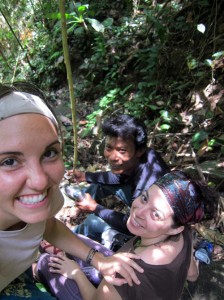 The pace is slow and life is simple. Visitors and guests can enjoy leisurely strolls through many varied habitats -jungle, dry savannah forest, traditional mixed-agriculture gardens, mangroves, and beaches with rocky headlands. Natural history educational materials about the local flora and fauna are available for guests – we recommend the ones about the local reefs!
The pace is slow and life is simple. Visitors and guests can enjoy leisurely strolls through many varied habitats -jungle, dry savannah forest, traditional mixed-agriculture gardens, mangroves, and beaches with rocky headlands. Natural history educational materials about the local flora and fauna are available for guests – we recommend the ones about the local reefs!
There are many amazing things to do on the island and surrounding areas. Sea kayaking, snorkeling, diving, and yoga are a few high-energy activities. We spent a day trekking through the jungle and visiting the village of sea gypsies that inhabit the island part-time. If you’ re seeking a restful retreat, you might rather just lay in a hammock by the ocean with a good book, or join the guy who’s fishing for your dinner. Guests can volunteer in the organic garden or help out with various sustainable-living projects. There are also several ecological monitoring projects ongoing that guest can join, including a Reef Check-led coral reef monitoring project, and a project focusing on hornbills.
A short walk away is a Sea Gypsy (“Moken”) Village
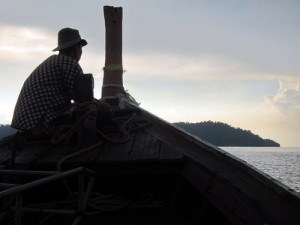 The Moken are an ancient nomadic sea-people that had traveled the Andaman Sea for thousands of years. Expert swimmers and divers at a very young age, the Moken are born in the sea and learn to swim before they can walk. Their incredible abilities in the water are further enhanced by eyes that can see underwater twice as clear as the rest of us. There are Moken villages on the different islands and coastal regions of the Andaman Sea, and the tribe now have a declining population of about 3,000 people.
The Moken are an ancient nomadic sea-people that had traveled the Andaman Sea for thousands of years. Expert swimmers and divers at a very young age, the Moken are born in the sea and learn to swim before they can walk. Their incredible abilities in the water are further enhanced by eyes that can see underwater twice as clear as the rest of us. There are Moken villages on the different islands and coastal regions of the Andaman Sea, and the tribe now have a declining population of about 3,000 people.
In the oral tradition, the Moken pass down stories of tsunamis during their past voyages. One legend told by the Moken of Koh Phratong, just next to Koh Ra, is particularly interesting. As the story goes, about 500 years ago the spirits told them of a tsunami that was coming once the bay had emptied. Upon seeing the bay empty, they heeded the spirits’ warning and retreated to higher ground. Once there, the Moken villagers looked down to witness a huge wave cover the entire island. (Just recently, a Geology student from a University in Bangkok discovered that there were paleotsunami sediments dating back around 550-7oo years ago in the area.)
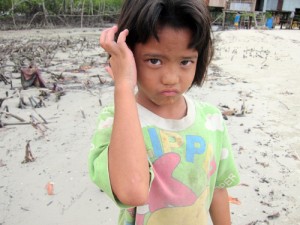 The Indian Ocean earthquake of 2004, the longest ever recorded in history (9.0 for ~10mn), set off a series of tsunamis that swept away more than 230,000 people. When the Moken on the islands saw the bay’s water empty out, they knew a wave must be on its way. Because of this, they were able to save some people; however, the wave severely devastated their housing and fishing boats.
The Indian Ocean earthquake of 2004, the longest ever recorded in history (9.0 for ~10mn), set off a series of tsunamis that swept away more than 230,000 people. When the Moken on the islands saw the bay’s water empty out, they knew a wave must be on its way. Because of this, they were able to save some people; however, the wave severely devastated their housing and fishing boats.
Sustainable Tourism
Although much damage was done to the Moken by media exploits soon after the tsunami, organizations in the area are still working to try to preserve their way of life – or at least to allow them the choice of whether or not they integrate into Thai society. Check out this trailer to get a bit more of an idea about the problems they face.
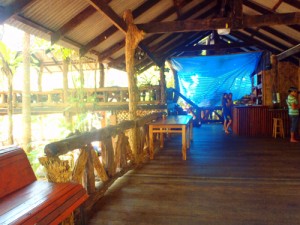
The Koh Ra Ecolodge follows and surpasses guidelines of sustainable accommodations and is continually looking for new ways to improve its operations. Powered by a solar array, guests can stay in simple and comfortable bungalow rooms tucked under the jungle canopy. All large trees on the Ecolodge grounds were left standing and provide habitat for the many hornbills and other birds which live here while providing cool shade for us. The center of the Ecolodge is a spacious beachside sala (traditional Thai open-air structure), restaurant and hangout area. Here you can watch the magnificent and ever-changing sea and mountain views, and crab-eating macaque monkeys out on the rocky point.
Andaman Discoveries can book your Koh Ra Ecolodge visit and also offers several homestay programs with local Moken villages, allowing guests to experience their way of life firsthand, visit Kabang (house boat) craftsmen, and go on jungle treks with them to learn about the local plants and their traditional uses.
Other Hidden Gems:
- Floating Bungalows of Kah Sok – Thailand
- El Salto Canyon & Waterfall – Baja California, Mexico
- Khao Luang Cave Temple – Petchaburi, Thailand
Here are some more pictures from our visit.

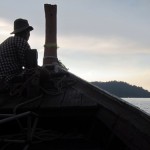
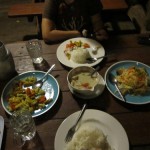
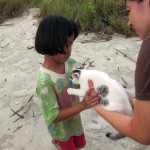
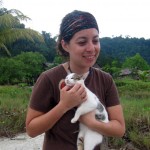
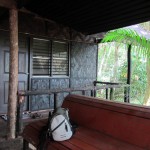
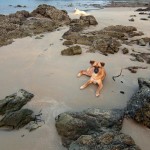
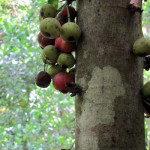
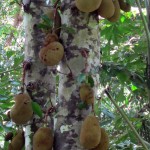
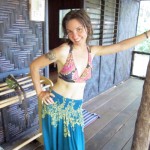
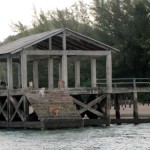
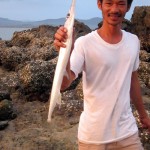
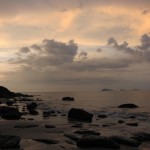
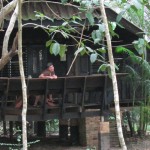
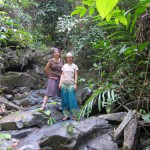
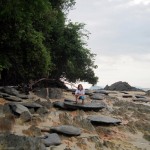
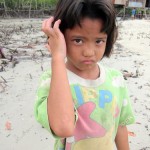
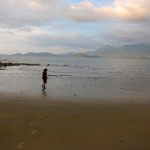
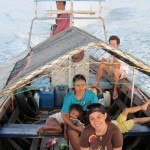
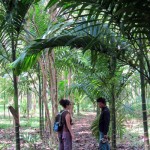
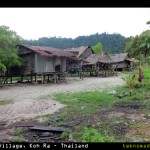
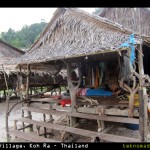
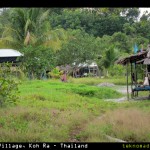
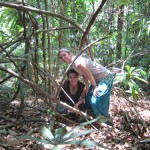
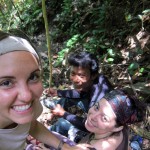
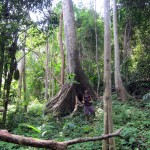
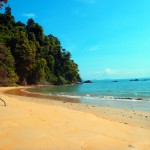
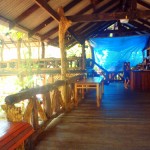
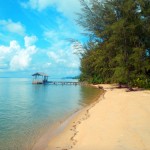
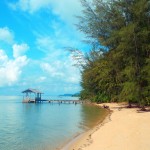
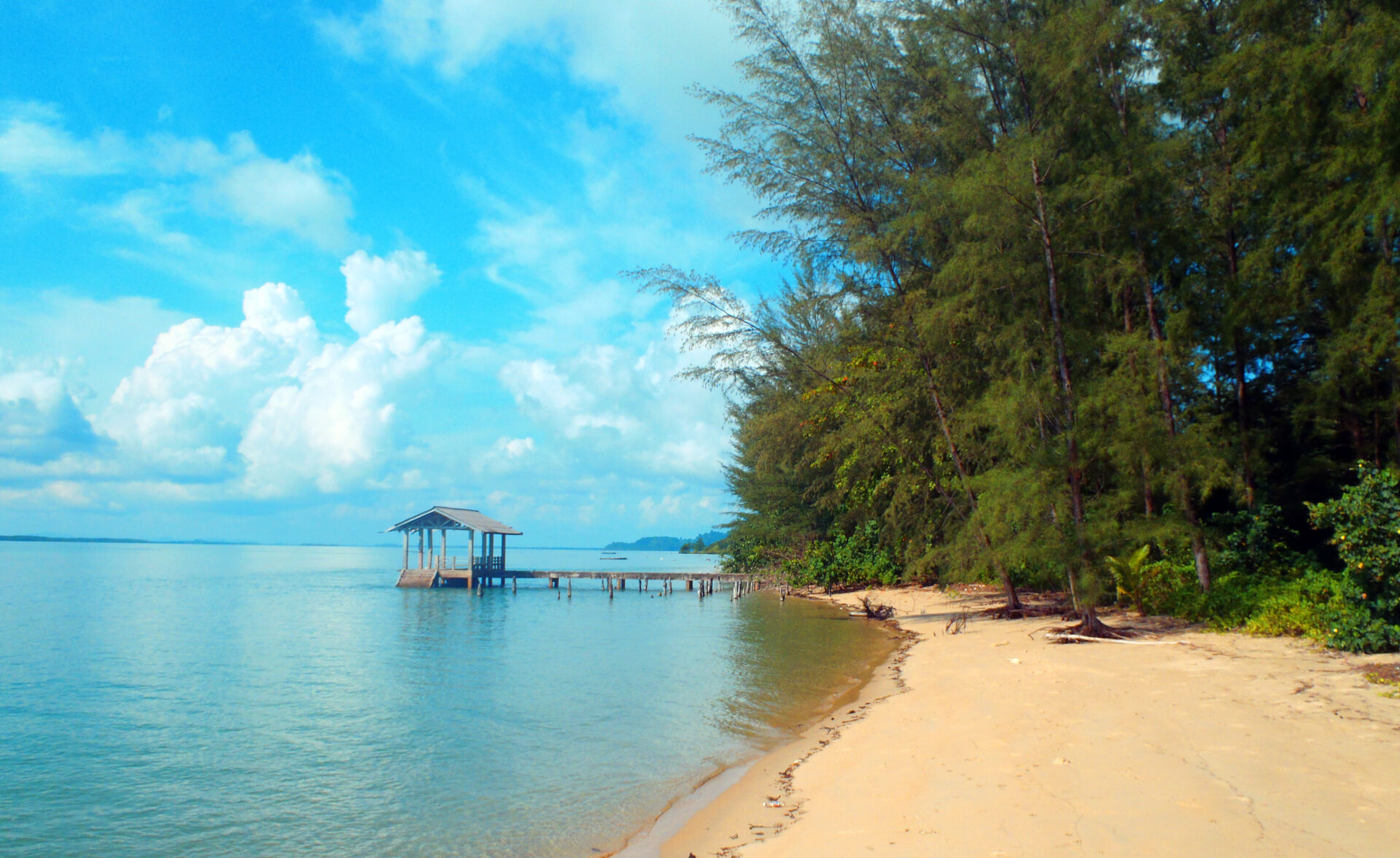
chella courington says:
lilia & meghan,
tecknomadics is a fabulous creation!
i’ve posted it & roving thailand #4 on my fb page.
thanks so much,
chella